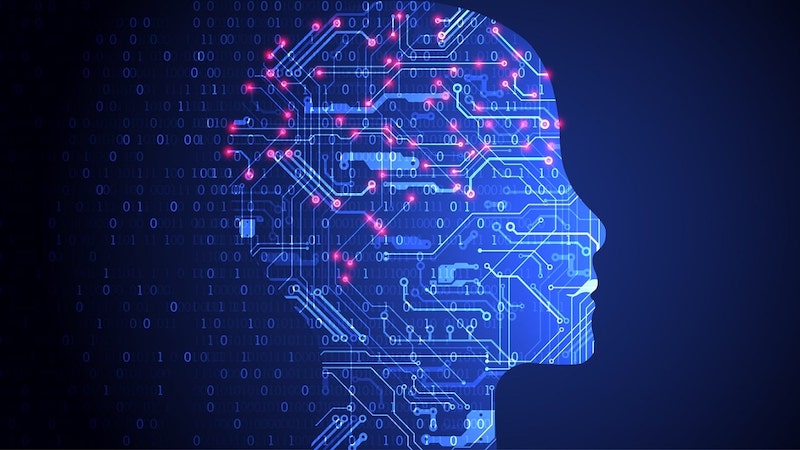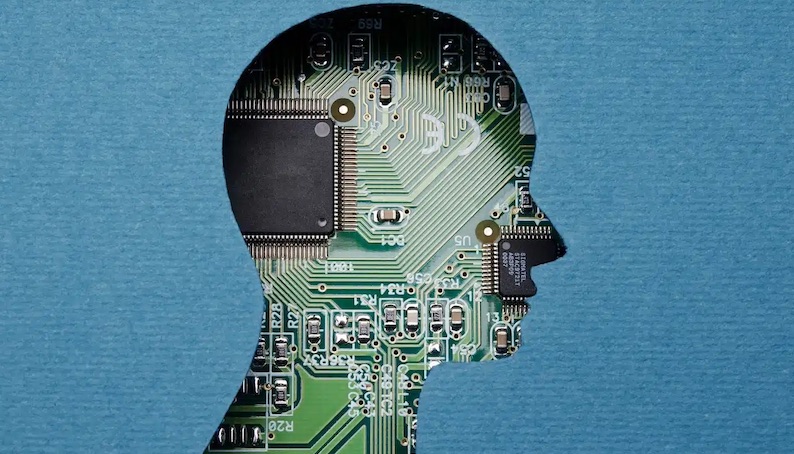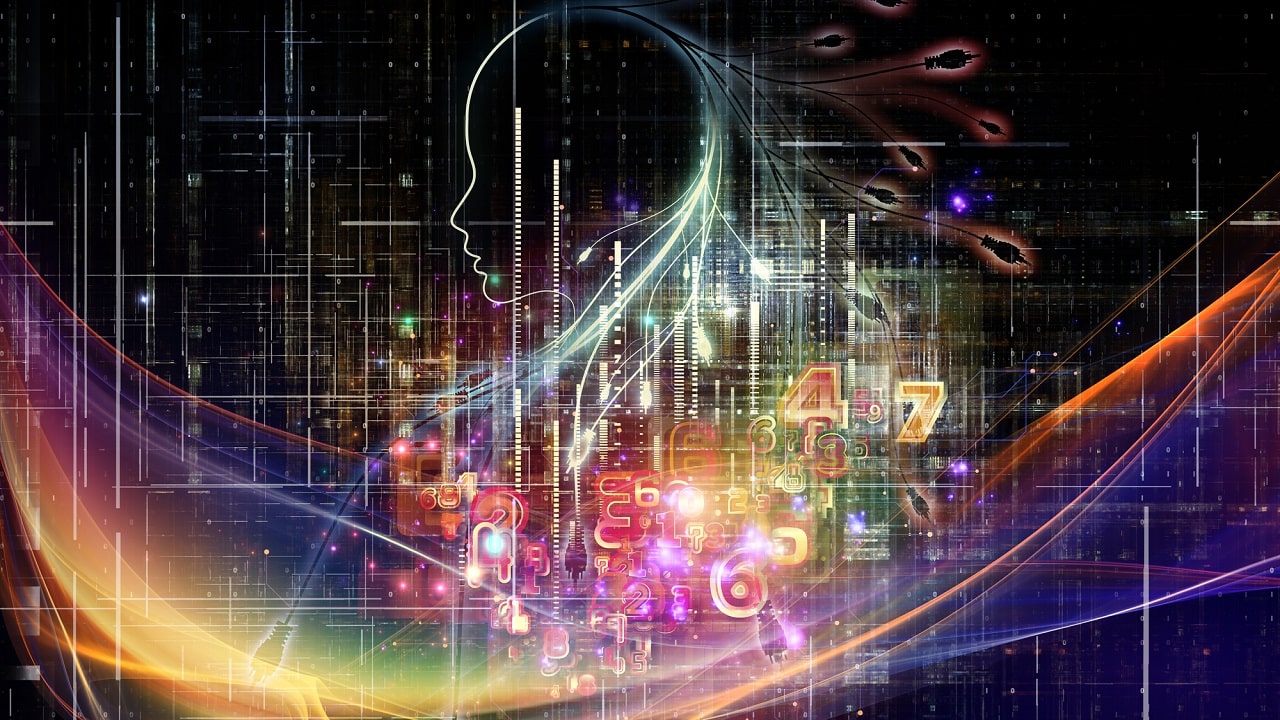L’AI is significantly changing numerous aspects of our society and sectors of our economy, and publishing is no exception. The ever-growing ability of machines to generate written content is raising complex questions about it to copyright, creativity and intellectual property. In an event organized by Ministry of Culturesome of the industry’s leading experts gathered to discuss of the impact of AI on publishing and about the challenges and opportunities this technology presents for copyright. Can artificial intelligence be good for human creativity?
AI and copyright, how artificial intelligence changes publishing
Artificial intelligence always arouses two types of emotions. On the one hand there are the optimists, on the other the pessimists – who often even become catastrophists. But during the event “Artificial Intelligence: creativity, ethics, law and market”, experts on these issues have expressed a mediation position. The risks are there, the regulations (in the field of privacy and copyright) are necessary. However, the possibilities are very broad.
Bruno Frattasi, Director General of the National Cybersecurity Agency (ACN), in fact defines himself as a “realist: there are many significant positive implications for AI. But we must ensure that the systems of AI must be used in favor of the human person. Without ignoring the ‘inhuman’ or even apocalyptic tendencies of AI, but underlining the positive impacts it brings with it.”
Ethics and responsibility
To keep apocalyptic visions from science fiction films away, we need to talk about AI in an ethical framework, as Microsoft’s Government Affairs Director explains Francesca Bitondo. “We want it to remain a tool in the hands of people, which is why since 2018 we have had ethical principles, which are not ends in themselves. Responsibility, inclusiveness, reliability and safety, fairness, transparency, privacy and security: they are at the center of our services and the relationship with users”.
To demonstrate that it takes these principles seriously, Microsoft works with the EU, the White House, the G7 and the Italian Government to define the regulatory framework for artificial intelligence. But he also took some interesting stances regarding Copilot, the AI tool that will come to all of the company’s tools, from Outlook to PowerPoint. “Microsoft has made the commitment to bear legal costs to support legal issues on copyright.”

Google has also announced new things to defend users’ copyright. Andrea Stazi, Google’s Regulatory Affairs Lead and Academic Outreach Europe explains: “A few days ago we released a tool for placing a watermark on images created with generative AI, in a manner imperceptible to the human eye but verifiable. But beyond technology, we have several policies with which we self-regulate. Which are in addition to current regulations.”
Stazi underlines, however, that greater uniformity is needed on regulations on copyright and AI, which allow research on artificial intelligence to continue while protecting publishing. And he says discussion events like today’s help. “Italy is the cradle of art, but also of Roman law. We can play a leading role at European and international level.”
“Regulation is functional to creativity”
Andrea Angiolini, Advisor to the Academic-Professional Group of the Italian Publishers Association, seems to agree with companies developing AI on many points. But he underlines how we need clearer rules that are open to the “temporary nature” that this perpetually changing technology entails. “Regulation is functional to creativity: we need to be able to experiment, but at the moment there are no regulations to support this experimentation. The European Copyright Directive has notions on content harvesting that companies do to power their AI bots. But they allow use for research, not commercial purposes. We need to work together to define open and interoperable standards to work together.”
Also because Angiolini seems convinced that AI bots, such as the new Bing, ChatGPT and Bard, cannot be based only on copyright-free content: “There would be a quality problem, these models cannot do Nature or national newspapers to obtain information”.
AI and copyright in publishing: the importance of training

On the other hand, according to Angiolini, a lot of training is also needed: “The internet is transforming into a place where first we were looking for information, now we find answers. We rely on these artificial intelligence systems. We must train ourselves accordingly: for example, we must learn to formulate questions well, but also to contextualise the answers”.
Something that also picks up Alessandro Varisco, CEO of Twinset SpA, who explains how the fashion sector needs to modernize. “Fashion is an art form, but also a business. […] Compared to the past, we make four or five collections a year: AI could become an important facilitator: it makes creatives even more creative.”
Varisco is sure that it cannot replace creative directors: “AI data looks at the past, we must look at the upcoming fashion seasons well in advance”. But the sector needs to catch up on the use of technology: “We were already late with ecommerce, we need to catch up on AI. Also because it could be important for the sustainabilityhelping us reduce waste.”
Experts therefore seem to agree that AI can help creativity, but that clearer and more universal rules are needed to manage copyright – in the publishing sector and beyond. The fact that public and private interlocutors find themselves in events like this gives us hope that the dialogue on the topic can continue.















Leave a Reply
View Comments